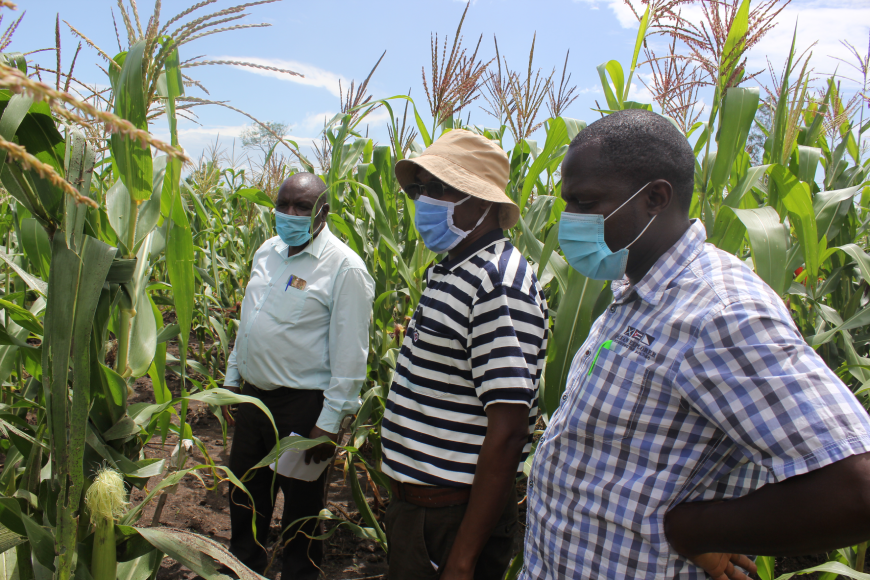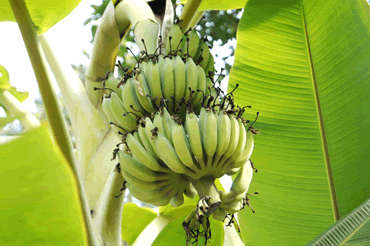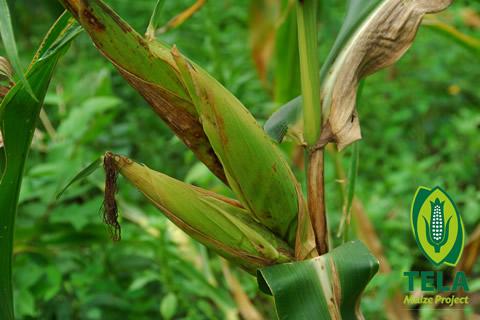As climate change impacts corn production, hybrid seed technology could help improve yields and combat food insecurity around the world. Sinelizwi Fakade is a farmer based in South Africa’s Eastern Cape. Like hundreds of thousands of growers across the African continent, he’s well acquainted with the usual pressures of production and yield for staple crops […]
Read MoreThere is no excerpt because this is a protected post.
Read More[August 2024] AATF, through the OFAB Project, conducted a training workshop in Addis Ababa, Ethiopia, for 34 participants including 10-chapter coordinators and staff from nine countries: Kenya, Tanzania, Burkina Faso, Malawi, Nigeria, Ghana, Mozambique, Ethiopia, and Rwanda. The training focused on advanced advocacy, science communication, and impact story generation thereby fostering an enabling environment for […]
Read MoreACAT advocates for agricultural technology transfer, uptake of innovations and practical solutions to address farmer productivity challenges in Africa. The Conference highlights the centrality of science, technology, and innovation (STI) that is key to tackling Africa’s agricultural challenges. “As a country, we are pleased to co-host the second edition of ACAT 2025 and are honored […]
Read More[Kigali, Rwanda] Leading agricultural researchers from nine African countries have gathered in Kigali, Rwanda, this week for a Strategic Dialogue on Agricultural Technologies in Africa. The assembly convened experts from Kenya, Tanzania, Burkina Faso, Nigeria, Ghana, Malawi, Rwanda, Mozambique, and Ethiopia. Held under the theme “Strategic Dialogue on Biotechnology Research in Africa’s Agricultural Systems,” the […]
Read More[Mpumalanga, South Africa, April 2023]: AATF has reiterated its commitment to deliver transgenic drought-tolerant and insect-protected maize varieties to caution African farmers from the impact of climate change on their productivity and enhance their livelihood. AATF Executive Director, Dr Canisius Kanangire reaffirmed the commitment while addressing the 5th TELA Maize Project Annual Review and Planning […]
Read MoreGM crops have gene(s) inserted from the same or unrelated organism using genetic engineering methods, according to the UN Food and Agriculture Organisation (FAO). These genes, FAO says, confer beneficial traits such as pest resistance, ability to grow in extreme and unfavourable conditions and increased nutrient levels among others. Take an example of a GM […]
Read More(Kaduna: October 5, 2022) Nigeria will achieve self-sufficiency in maize production when farmers embrace hybrid varieties, a leading seed producer has said. Mr. Brighton Karume, the managing director of ECOBasic Seeds Limited, said productivity was hampered by farmers’ reliance on traditional varieties that are not resistant to disease, pests and drought. Addressing a press conference […]
Read Moreby AATF Africa Since the disease was discovered, banana farmers have used several cultural methods such as sanitary measures to try and control its spread without much success. As they say necessity is the mother of invention, and scientists have had no option but to explore a lasting solution to this malady. This led to the […]
Read More




















































































